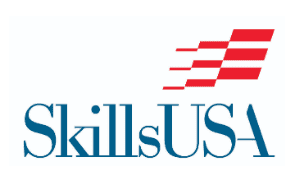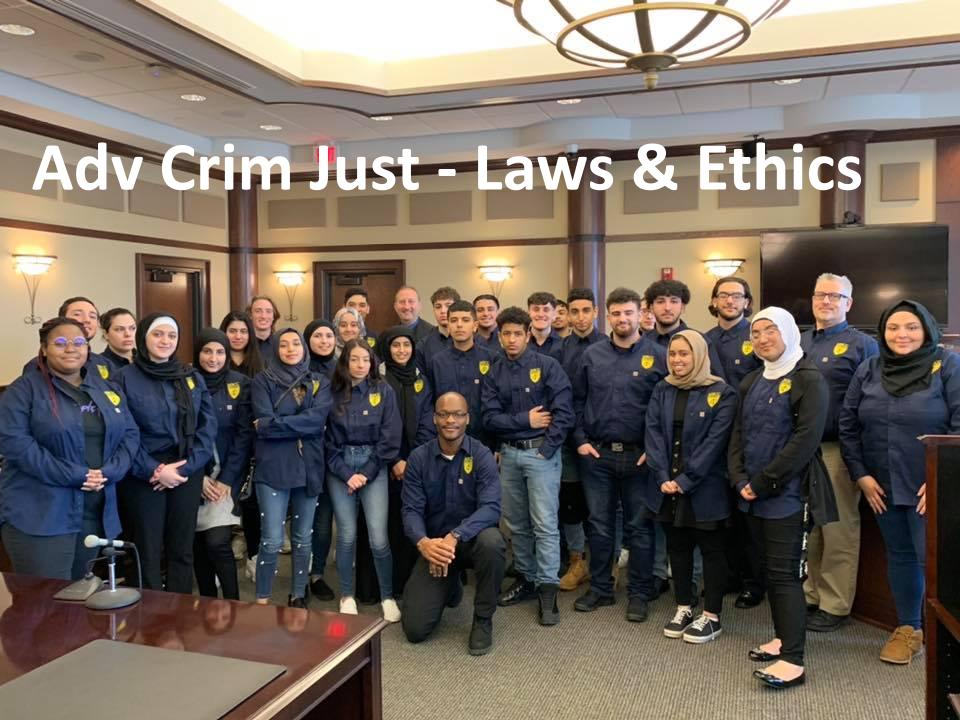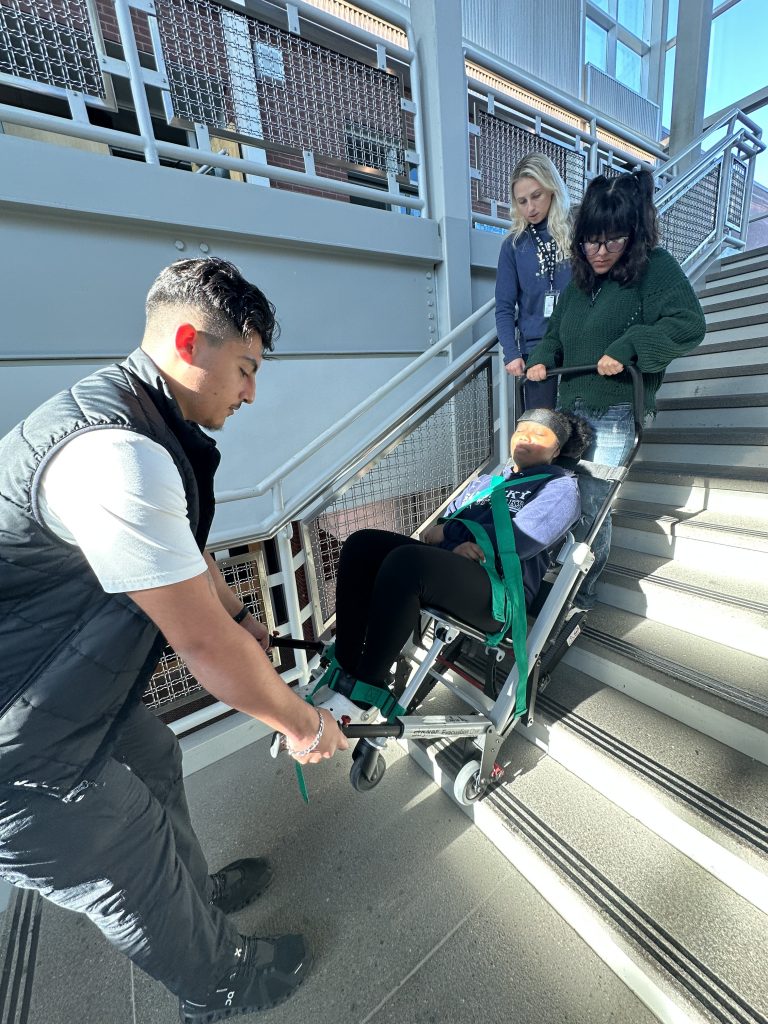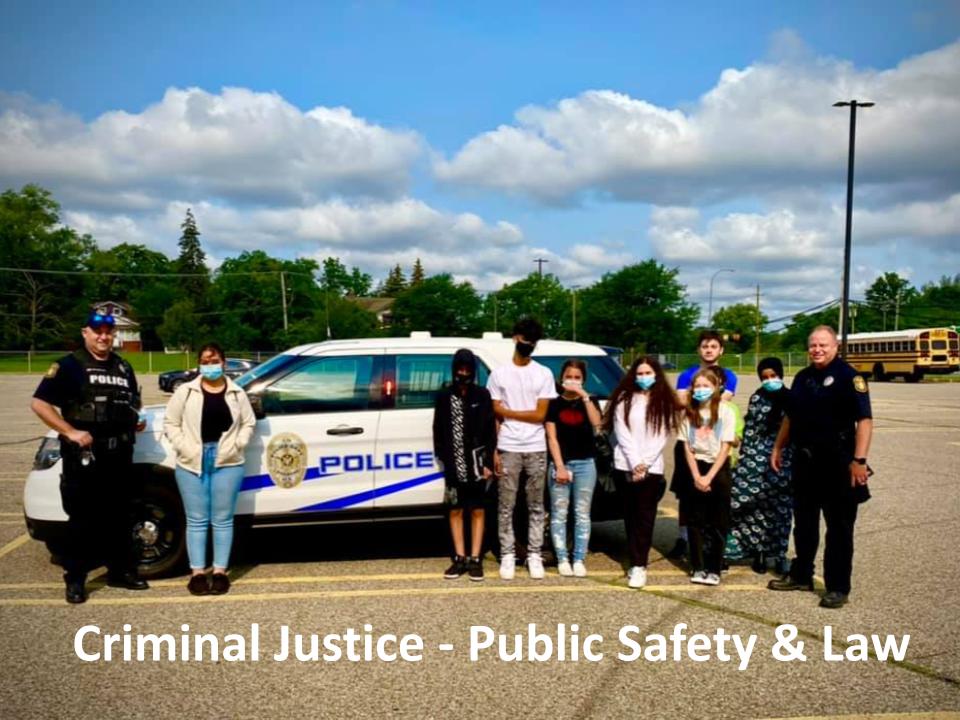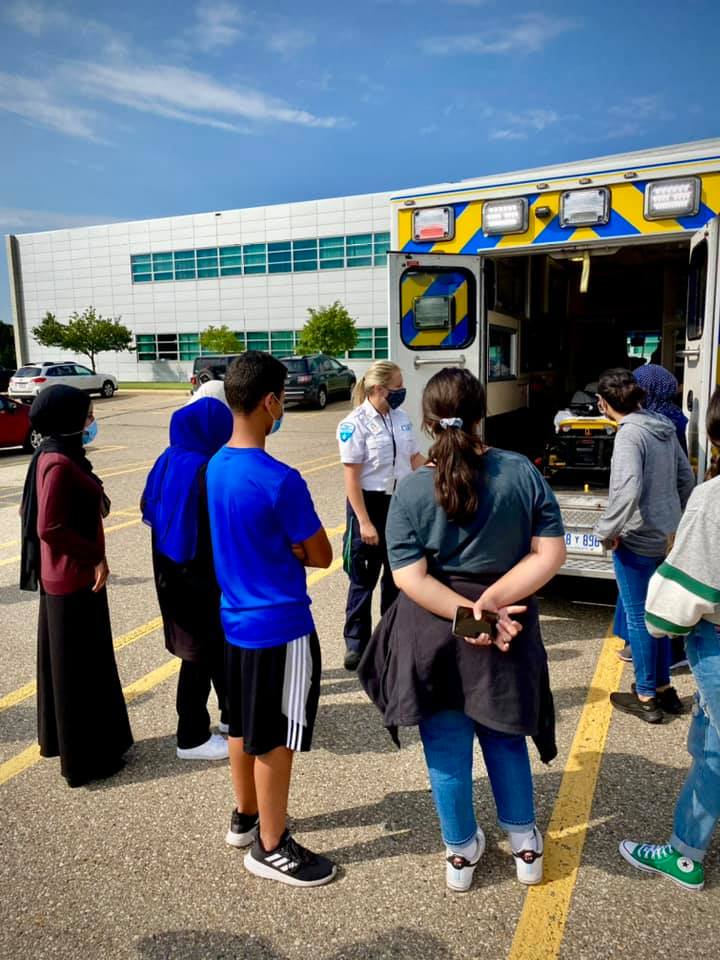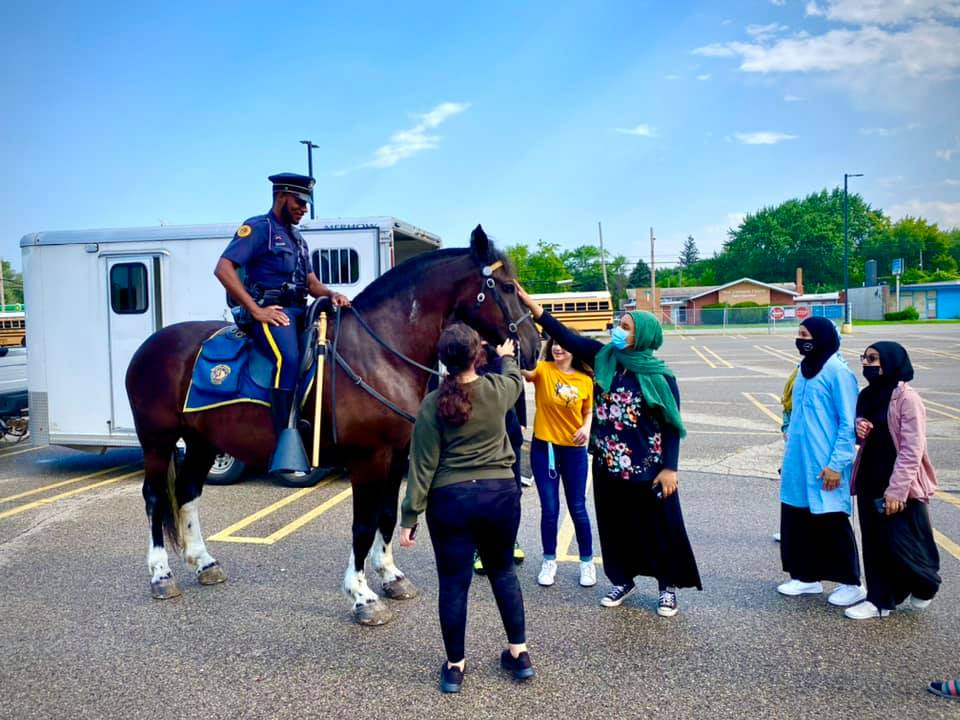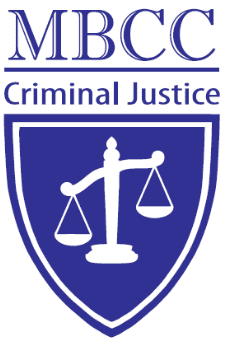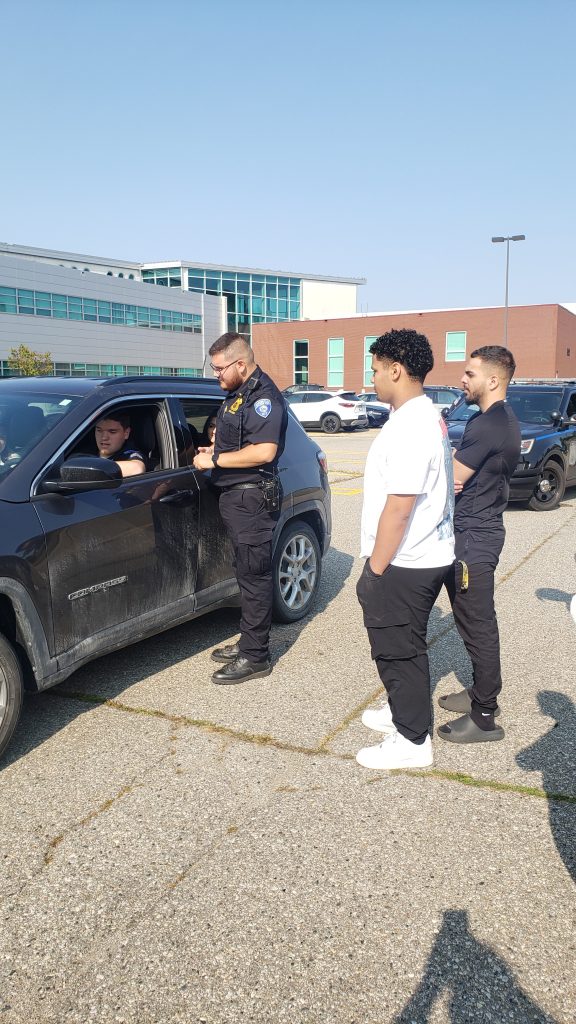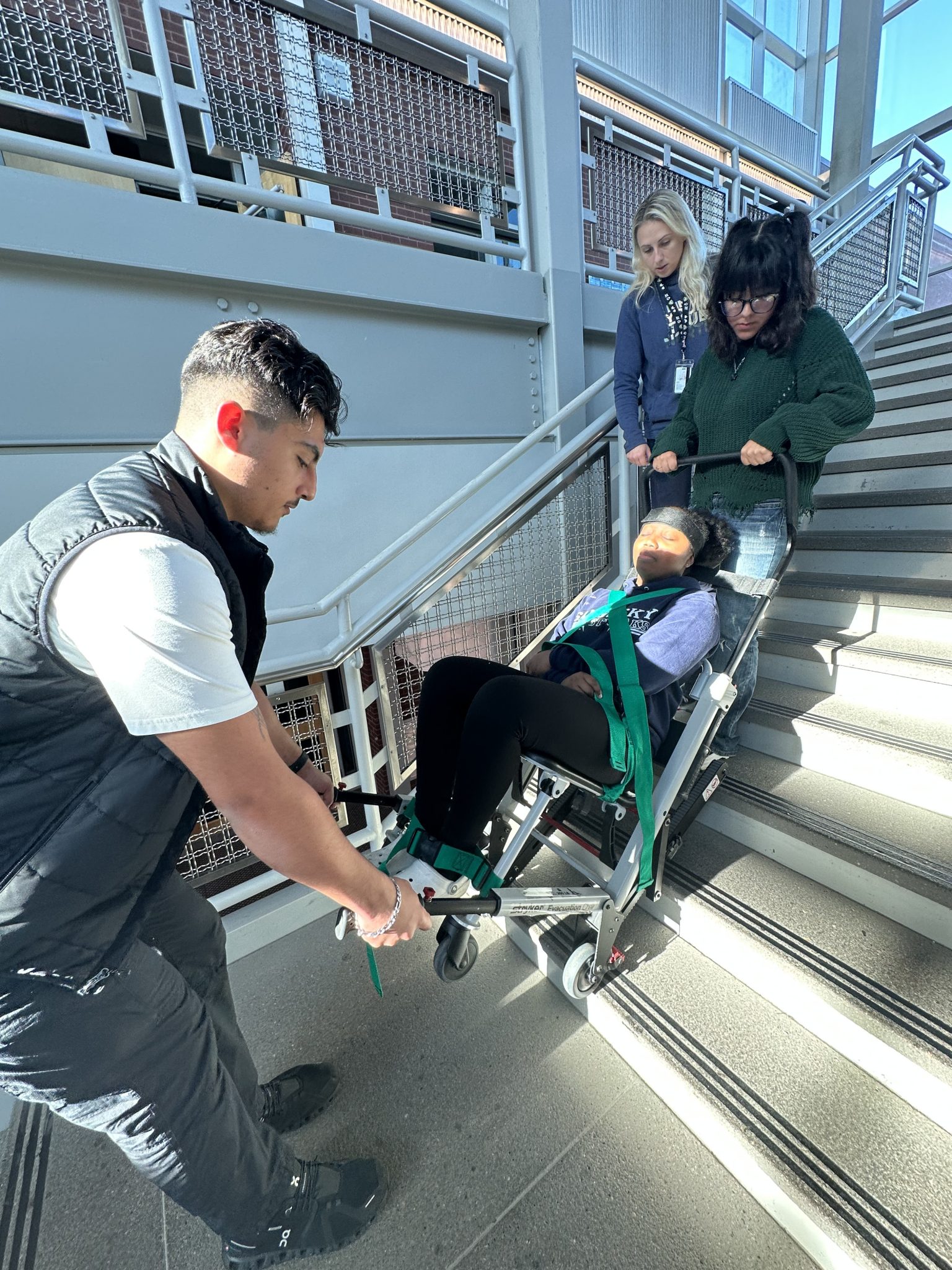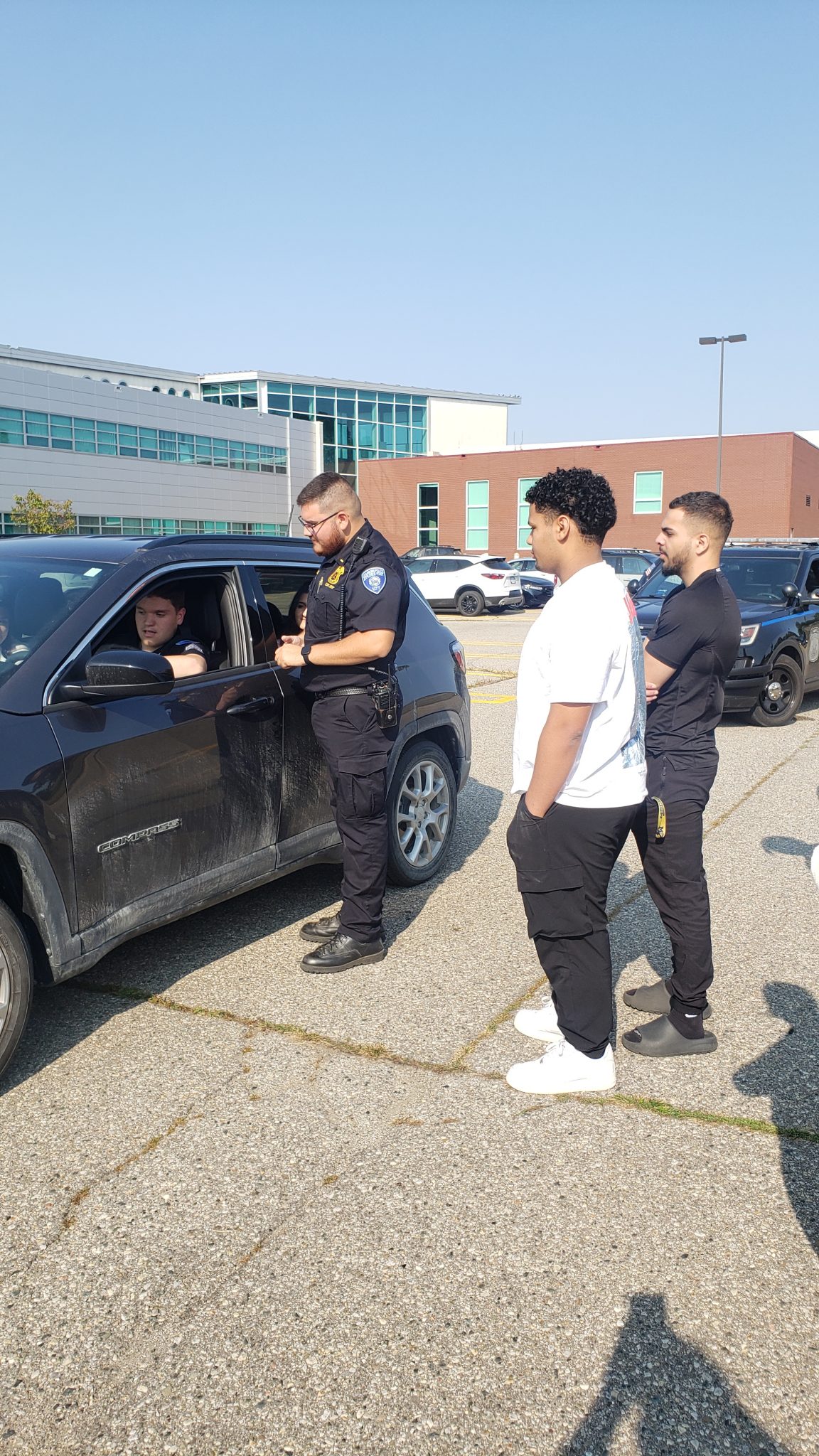Criminal Justice Program at the Michael Berry Career Center
In partnership with the Dearborn Police Department, Henry Ford College and the University of Michigan Dearborn, the Michael Berry Career Center is offering a Criminal Justice/Law Enforcement program for students interested in public safety careers including police, fire, EMS, corrections, legal and emergency/disaster relief. Courses are be aligned to the college curricula and the Dearborn Police Department’s Police Explorers/Internship program. This two year program consists of four semester long courses, each two-hours long
Explore the Criminal Justice courses
Criminal Justice: Public Safety & Law Careers and Tools & Techniques
Introductory course taken year one semesters 1 and 2 of the Criminal Justice program.
Adv Criminal Justice: Laws & Ethics and Investigations & Reports
Advanced course taken year two semesters 1 and 2 of the Criminal Justice program, after successful completion of both Public Safety & Law and Tools & Techniques.
Program Elective: Emergency Response Tech
A medical first responder level course. Students may take this course with either year of Criminal Justice
Program Elective: Forensic Science
A medical first responder level course. Students may take this course with either year of Criminal Justice
Meet the MBCC Criminal Justice program staff
Coming soon: Student experiences



